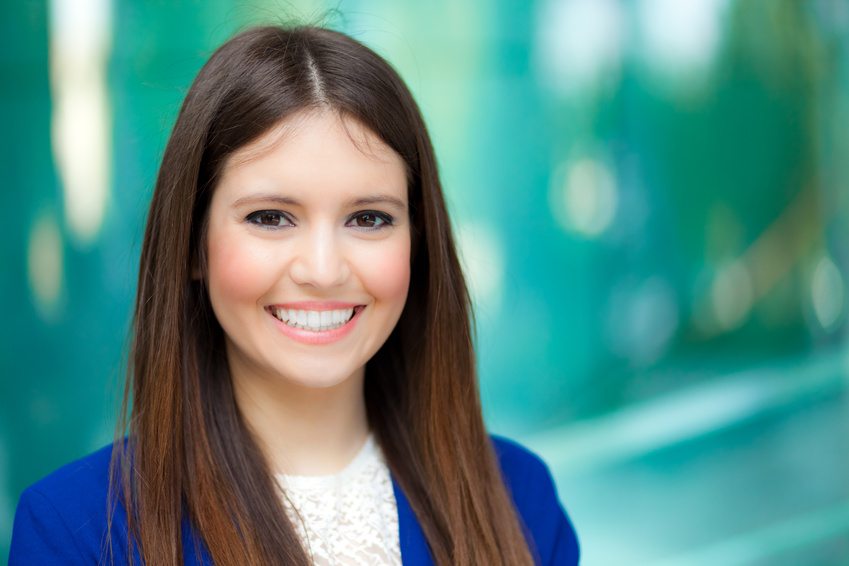By June Fletcher
Naples Daily News, Fla.
Because he’s got money to invest in startups, Bud Stoddard often is approached by eager entrepreneurs.
He has one word of advice to them all: Differentiate.
“You have to be able to explain what makes you better than your competition,” said Stoddard, a self-proclaimed “serial entrepreneur” who started six successful businesses and now spends much of his time helping promising new ventures to succeed. “And you have to inspire investors to take a chance on you.”
Stoddard was speaking to a group of about 60 entrepreneurs, as well as a handful of would-be investors, at a networking event held recently at Spanish Wells Country Club in Bonita Springs. As a founding member of the four-year-old Tamiami Angel Fund, a group of 60 local investors who have raised about $6.5 million to invest in startups, it’s one of many such events he attends to encourage budding business owners to sharpen their skills.
Stoddard encouraged his audience to cultivate the sort of short speeches they’d use if they happened to meet a deep-pocketed investor in an elevator. “Everyone should have a 15-second elevator speech, but most people don’t,” said Stoddard, who often takes part in periodic pitch sessions in the area the angels sponsor, which are modeled after TV’s “Shark Tank.”
Several entrepreneurs leapt to their feet to take the challenge, including the owners of a tax preparation firm, a printing firm and two water damage restoration firms.
After hearing their quick descriptions, Stoddard suggested that they concentrate more on what makes them unique. Specifically, he suggested explaining briefly how they stand out in four ways customers care about most: product, service, distribution and price. While most startups try to differentiate on price, the other categories are just as important, he said.
He explained that in his early years as the owner of a Boston-based data storage firm, companies stored boxes and computer tapes in secure off-site locations. While he tried to attract clients by undercutting his competitors’ prices, he also guaranteed that he would deliver their stored information within two hours, any time they requested it. Most of his competitors only promised a four-hour delivery window.
Stoddard said that guarantee “became the rallying point for everyone in the company. If executives had to pitch in to make it happen, we did it.”
Eventually his competitors had to offer similar guarantees to stay in business. “We changed the industry,” he said proudly.
Another tactic he used to make his brand stand out was to buy an abandoned Nike missile silo, which he said was in terrible shape. Such silos were built by the federal government in the ’60s during the Cold War near major cities. But after he fixed it up, the local media picked up on the story, boosting his brand.
The novel underground storage facility bolstered his client base, too. “People were sure their data would be safe in a silo,” he said.
While Stoddard made millions when he sold his various data storage businesses, he admits that not all of his ventures were successful.
One online backup data storage business he started in the late ’80s, called TeleVault, was too early in the Internet era to attract many customers.”People were fearful of backing up their data online,” he recalled.
But a later online backup venture, AmeriVault, was one of his most successful ventures. “Timing is everything in business,” he said.
While the 67-year-old investor is no longer interested in working 60-hour weeks, he isn’t slowing down.
An Estero resident, he spends his summers in Portland, Maine, where he helps another entrepreneur — his 39-year-old son Jeffrey — in his business buying and rehabbing houses.
He’s also written a self-published book, “Reflections of a Serial Entrepreneur.”
But much of his time is spent nurturing the next generation of entrepreneurs, which he believes must be supported if Southwest Florida’s economy is to remain healthy.
Not every business will appeal to investors, Stoddard added. He and the other angels consider about 200 business proposals at each of their meetings, and invite only 20 or 30 owners a month to present their ideas in person. Those entrepreneurs who get the nod get funding in return for a 5 percent to 20 percent stake in their businesses, as well as mentoring.
buy flagyl generic buy flagyl online no prescription
Such help is critical for those who want to strike out on their own, Stoddard advised.
“Finding intellectual capital is as important as financial capital,” he said.














































































































































































































































































































































































